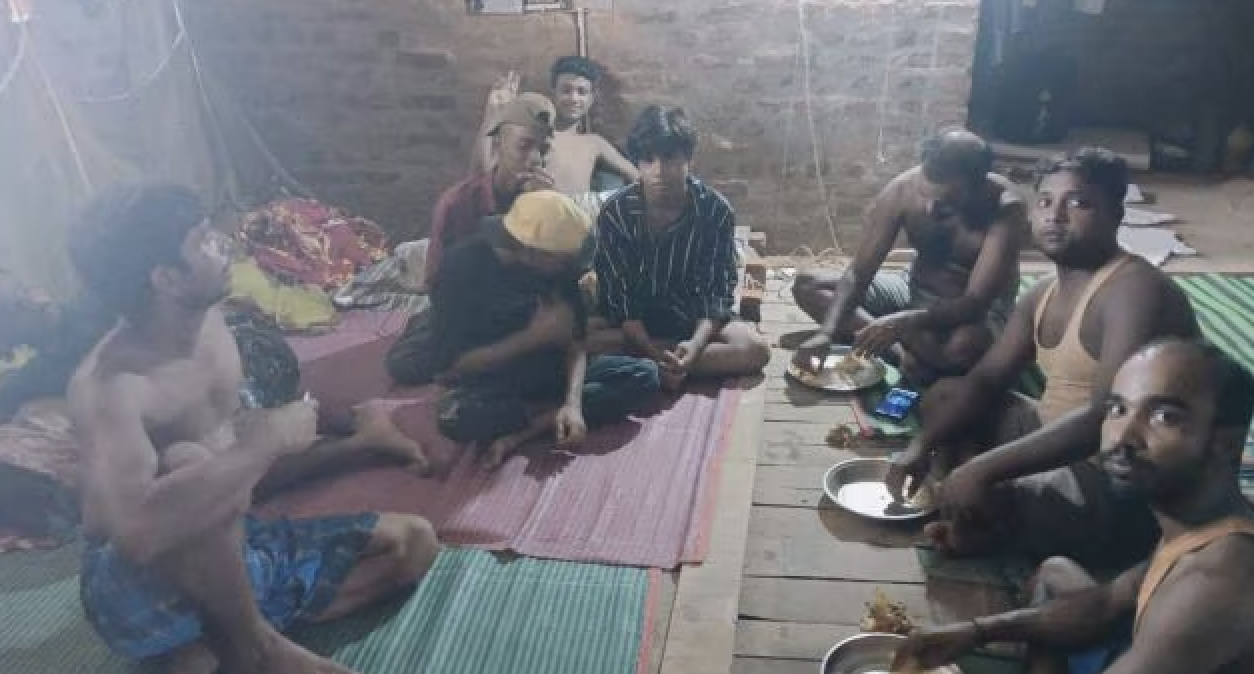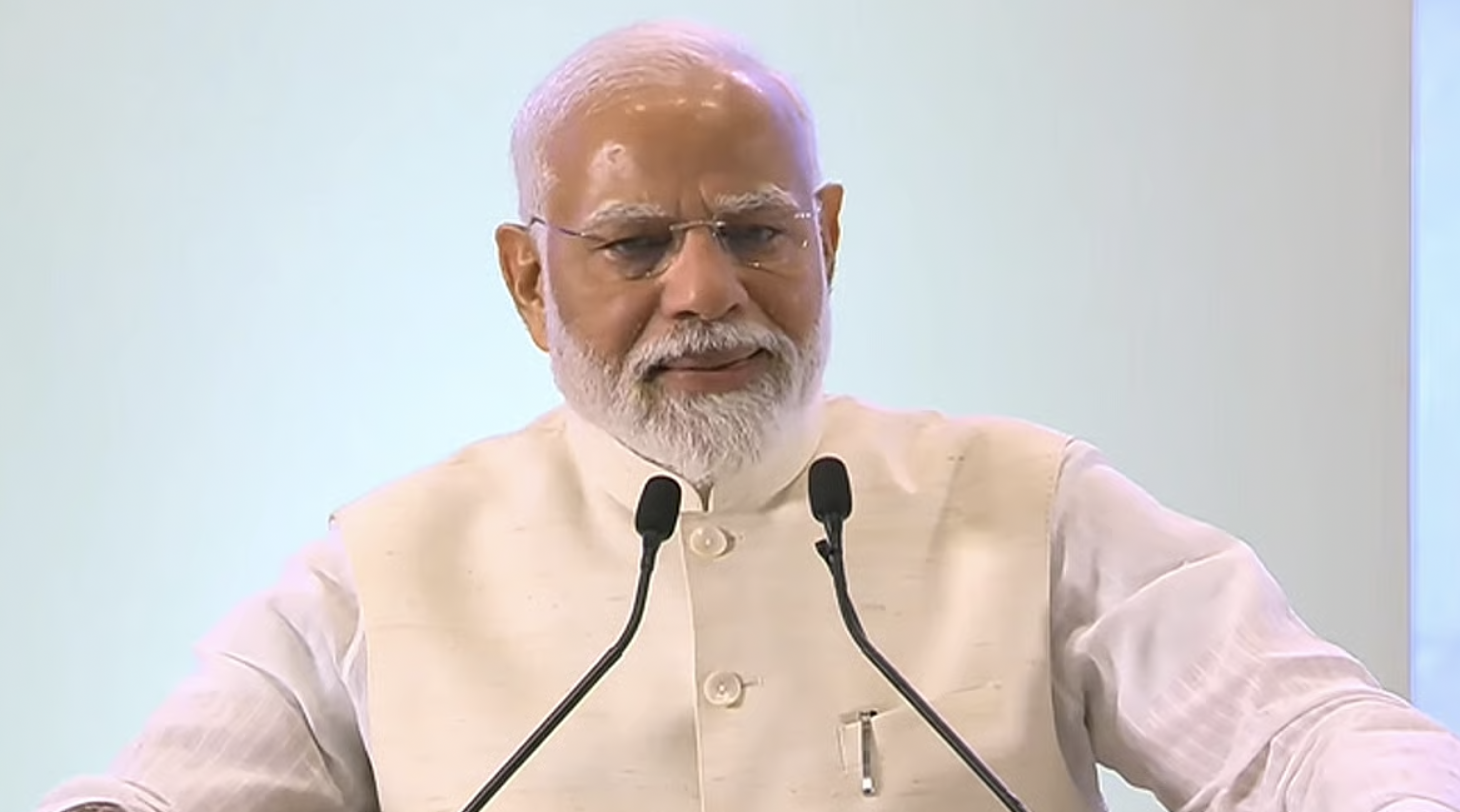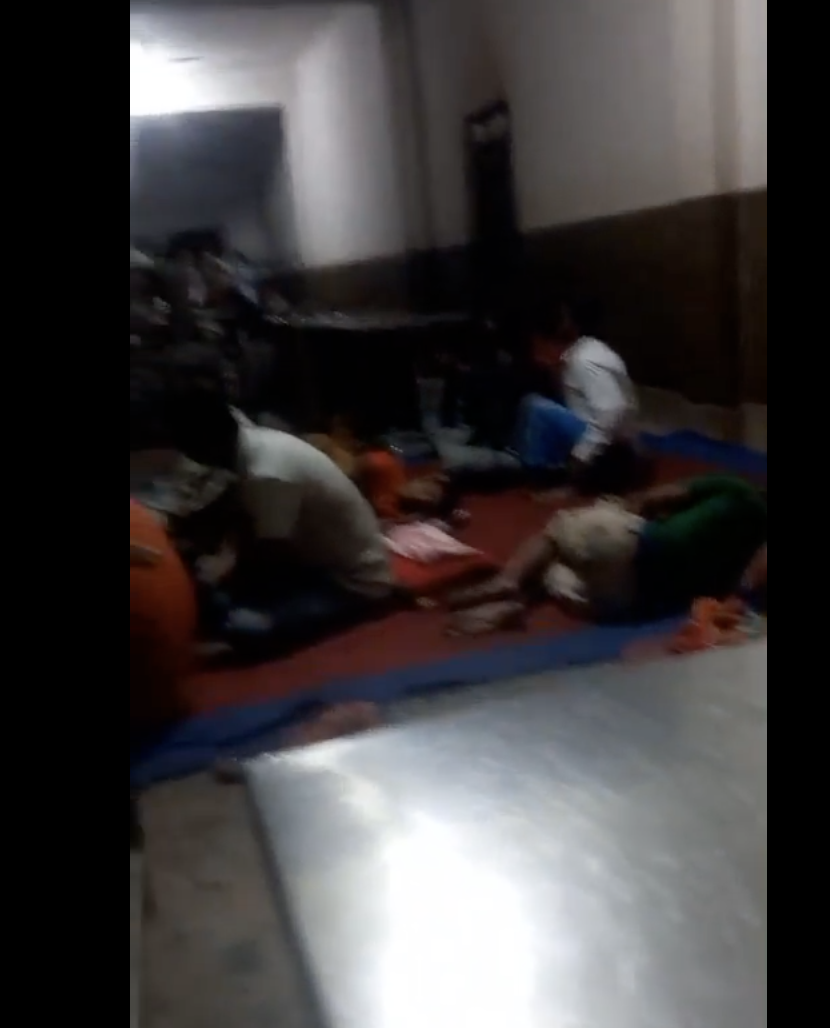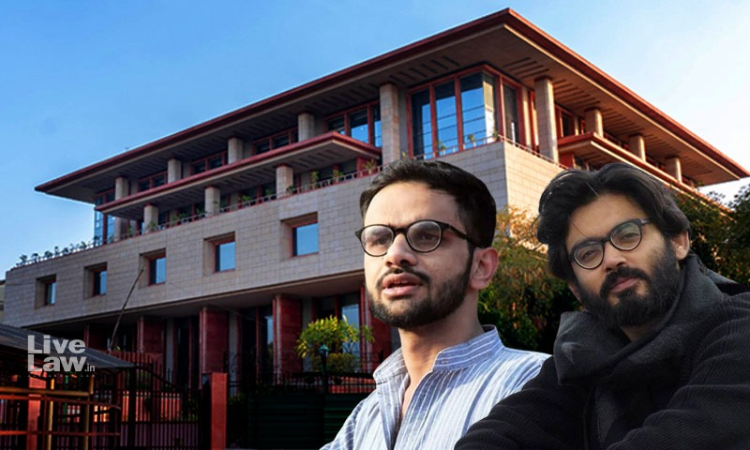Waquar Hasan
NEW DELHI – The Yogi Adityanath government in Uttar Pradesh has released a list of the alleged criminals eliminated by the UP police in encounters during the last three and a half years of the Bharatiya Janata Party (BJP) regime.
The list shows that those killed were mostly from the Muslim community or the marginalised castes.
Out of the 124 people liquidated, 47 were Muslims and as many as 58 were from the backward castes, scheduled castes, scheduled tribes, Vaishya and Thakur with only 11 being Brahmin and 8 Yadavs.
The list has been issued after the government was accused of targeting mainly the Brahmin community citing the encounters of gangaster Vikash Dubey and Rakesh Pandey who was accused in the murder case of Krishnanand Rai.
In proving the claim of Brahmin persecution wrong, the government admitted it was targeting the minority community, whose casualty was the highest despite the fact that Muslims accounted for 18 percent of the state population. In the encounter casualty, they were 37 percent under Yogi Adityanath’s rule.
The Adityanath administration has been under fire from Opposition parties and the civil society who have been raising a hue and cry over the encounters.
Former IPS officer S R Darapuri, who hails from Uttar Pradesh, told Clarion India that being a former top cop with 32 years’ experience in the police service, these encounters were mostly ‘staged’ as they did not stop crimes.
“These encounters bring more harm. If a state starts carrying out the encounters as a government policy as the encounters happened in Gujarat and currently happening in UP, the possibility of killing innocent people is high. In my opinion, most of the encounters are fake. Only one or two percent are genuine. I’m telling you this from my experience,” said Darapuri who faced only one encounter in his service life in which the criminal had surrendered.
He said these encounters did not reduce the rate of crimes in the state as UP still topped in crimes against women, adding that these encounters also reflected Yogi Adityanth’s anti-Muslim and anti-Dalit policies as they numbered the highest among those eliminated.
Darapuri also alleged that the government was not paying attention to the notices issued to it over various encounters by the Supreme Court and the human rights commission.
AIMIM chief Asaduddin Owaisi, in a series of tweets, said Uttar Pradesh CM Yogi Adityanath replaced the rule of law with encounters which are carried out without any proof. “Most of the people subjected to half encounters are also Muslim, Dalit & OBC. All of them are from the working class background. Most of them are aged 17-40 years.”
“Instead of gathering evidence and going to court, cops have used encounters. These encounters are a way of instilling fear in these communities and strengthening the Hindutva ideology. Let’s not forget that Dalits and Muslims are over-represented in India’s prisons. But especially in UP, the situation is bad as 27% of under-trials–people who are innocent before law–are Muslim,” said Owaisi.
He said, “UP police have shown how communal and casteist an institution it has become. It has become a ready tool in the hands of the government to further its ideological agenda of Hindutva”.
UP-based rights activist Rajiv Yadav told Clarion India that the list of encounters had been released to show that the UP police were not casteist but had proved instead that it was deeply communal as it had been targeting Muslims.
“This is the part of Yogi Adityanath’s plan to make Muslim second class citizens and establish a Brahmanical and Manuvaad hegemony. On one hand, they snatch their citizenship and, on the other, they kill them in the name of encounters. Look at how frequently the government invokes the draconian National Security Act against Muslims and Dalits. They want to tell through this that Muslims and Dalits are a threat to national security. Why don’t they invoke the NSA against Thakurs and Pandits when they attack Dalits,” said Yadav, who is the secretary of rights group Rihai Manch.
He said these people had been killed in the name of being criminals. “But what about Chinmayanand and Kuldeep Sengar? Were they not criminals? Why had they not been killed in police encounters?” he asked.
This story first appeared in ‘Clarion-India’ here.






